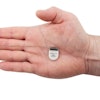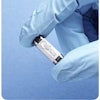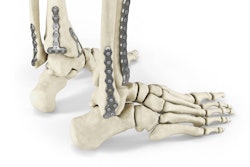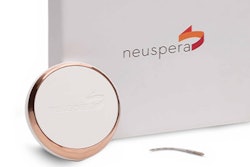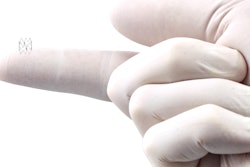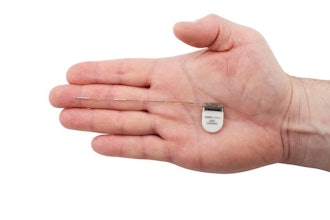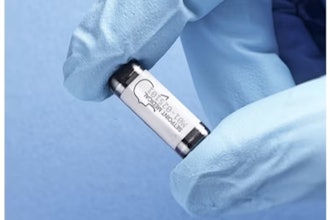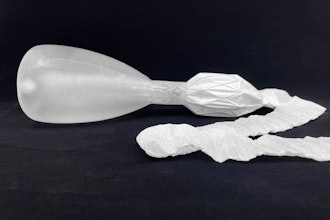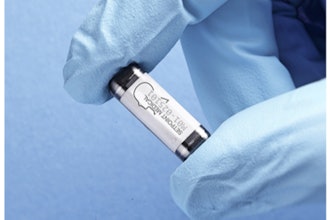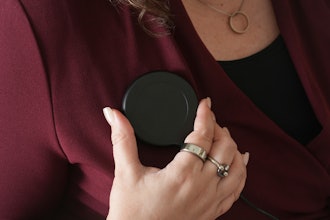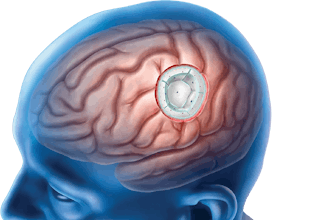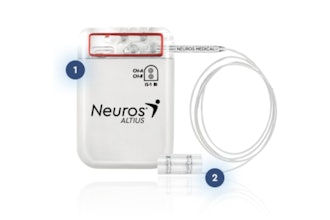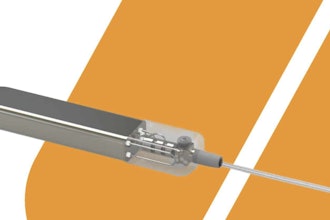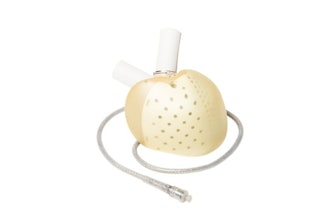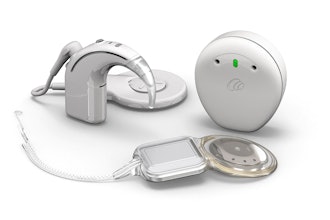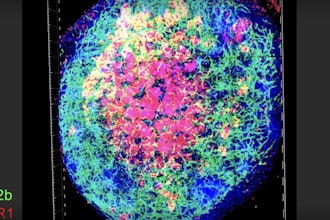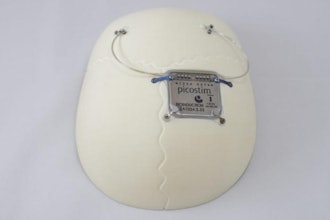
Conformal Medical, Inc., a medical device company developing left atrial appendage occlusion (LAAO) technology, today announced the launch of the CONFORM pivotal trial with the enrollment of the first patients at two U.S. sites.
The investigational device exemption (IDE) study will evaluate the safety and efficacy of the company's CLAAS System compared to commercially available LAAO devices to support U.S. Food and Drug Administration (FDA) pre-market approval.
The first patients were treated at their respective institutions by co-principal investigators of the trial, Dr. Shephal Doshi, Executive Director, Heart & Vascular Institute, Prov. St. Johns Health Center & Cardiac Electrophysiology at the Pacific Heart Institute in Santa Monica, CA and Dr. William Gray, System Chief, Cardiovascular Diseases at Main Line Health and professor at Lankenau Institute for Medical Research.
"I am excited to initiate this important trial and for the potential of this innovative technology to expand treatment options for patients with atrial fibrillation (Afib)," said Dr. Gray. "In this study, we will be evaluating the novel foam-based design of the CLAAS implant against the existing FDA-approved devices to evaluate performance on several metrics, including procedural safety, completeness of seal and incidence of device-related thrombus."
The prospective, multicenter, randomized controlled study will enroll approximately 1,600 patients in the U.S., Canada, and Japan. To date, over 75 patients have been successfully implanted with the CLAAS System as part of the company's early feasibility studies.
"Based on our experience in the Early Feasibility Study, the CLAAS System is highly conformable to accommodate different anatomies," stated Dr. Doshi. "The study is designed to demonstrate the benefits of this technology for both implanting physicians and patients."
The CLAAS System is designed to seal the LAA in patients with non-valvular Afib to reduce the risk of stroke without the need for anticoagulants. Featuring a proprietary foam-based architecture, the implant addresses a range of LAA anatomies with only two sizes. The system aims to simplify delivery and eliminate the need for procedural transesophageal echocardiogram so that physicians may perform the procedure without general anesthesia, a significant advancement with the potential to shift clinical practice to a same day, single operator procedure.

